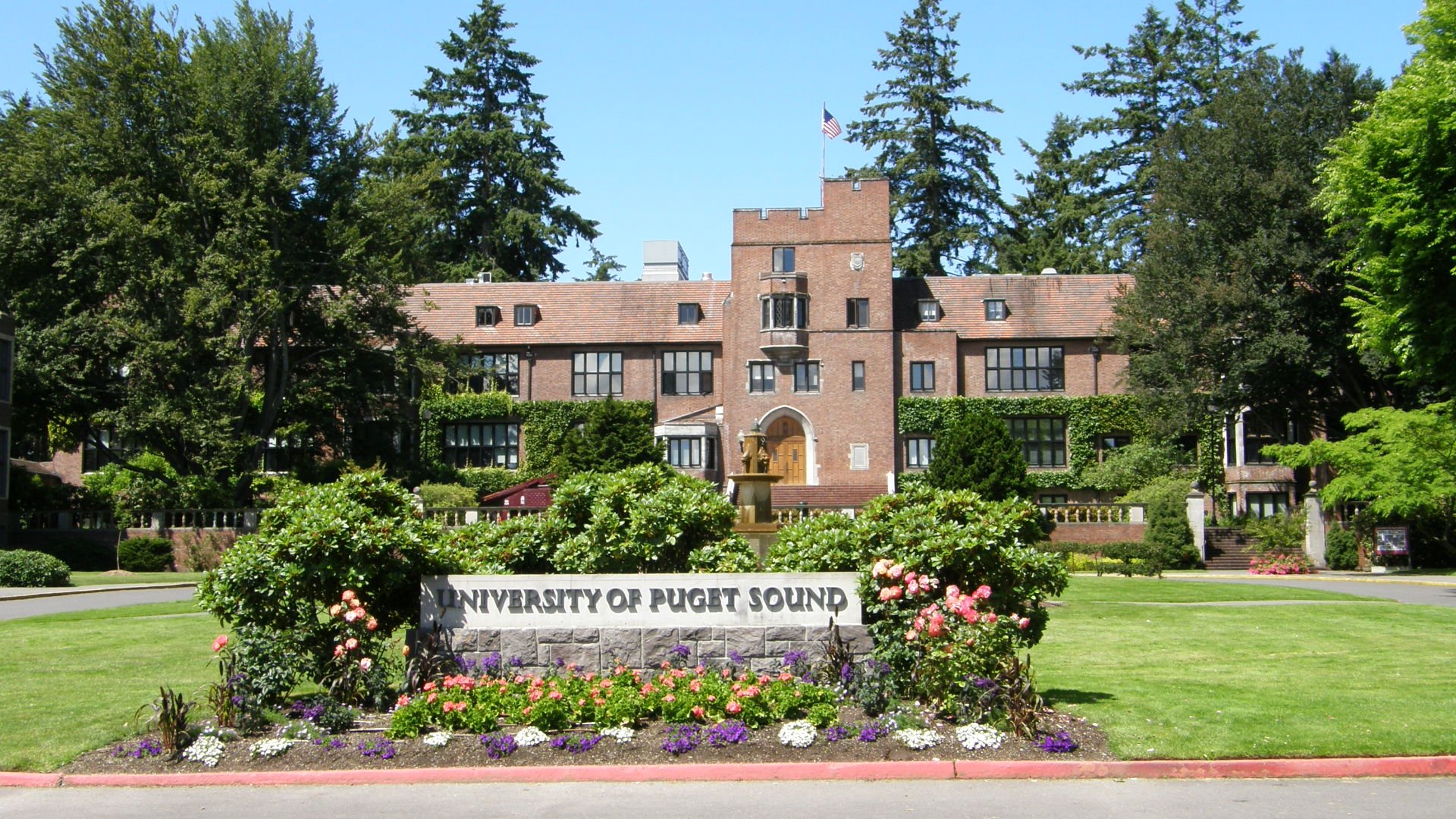
By Nayra Halajian
Loggers live green. Loggers save water. If this is true, why are sprinklers on when it’s raining? Though students often ask this question, not many of them seek out the answer.
There is a complex system in place that manages the water level in the soil. Sensors in the ground keep track of how much water is already in the soil. If the sensor detects that the level has dropped under a certain percentage, the sprinklers automatically turn on, according to Head of Sustainability Services, Marcella Heineke.
When the water in the soil is back up to the desired level, the sprinklers shut off. So, when the sprinklers are on and it’s raining, it’s because the grass needs the water. With the help of rainwater, the sprinklers will automatically shut off sooner.
Though this system is used for the main campus, other parts of campus such as Theme Row and Greek Row are not consistently watered. An irrigation specialist from Facilities, Collin Pruitt, maintains the University’s irrigation system, constantly checking for leaks and ensuring that everything is working properly.
The students who think it’s wasteful may not know the logistics and hard work that goes into making the campus sustainable. Sustainability Services, a subset of Facilities, is made up of students that truly care and take action when it comes to the University’s sustainability.
Sustainability Services is responsible for recycling duties, waste diversion, making events, like LogJam, eco-friendly and educating students on all things sustainability.
Sustainability Manager, senior Marcella Heineke, works hard with her team of 14 students to contribute to the effort on campus.
“The power of students on this campus is incredible. If you want to see something happen, you have to do something about it. You can’t just expect people to do it for you,” Heineke said.
Last year, some houses on Greek Row utilized funding from the Green Fee to get low-flow showerheads. Three dollars are taken out of each student’s tuition to make up the Green Fee, a fund that is kept for student projects that help the environment. Any student or group can apply to get funding for their sustainable project.
Students do not have to come up with major projects in order to work toward the sustainability effort. Small changes can be made in order to be more water or energy efficient.
“When you’re washing your hands, brushing your teeth, or shaving, turn off the tap if you aren’t directly using water. Take shorter showers. Wash full loads on cold. We’ve seen a big increase in water usage now that laundry is free,” Marcella said .
If students want to make a change, whether it be environmental or otherwise, they can do it. It’s all about taking the initiative.
